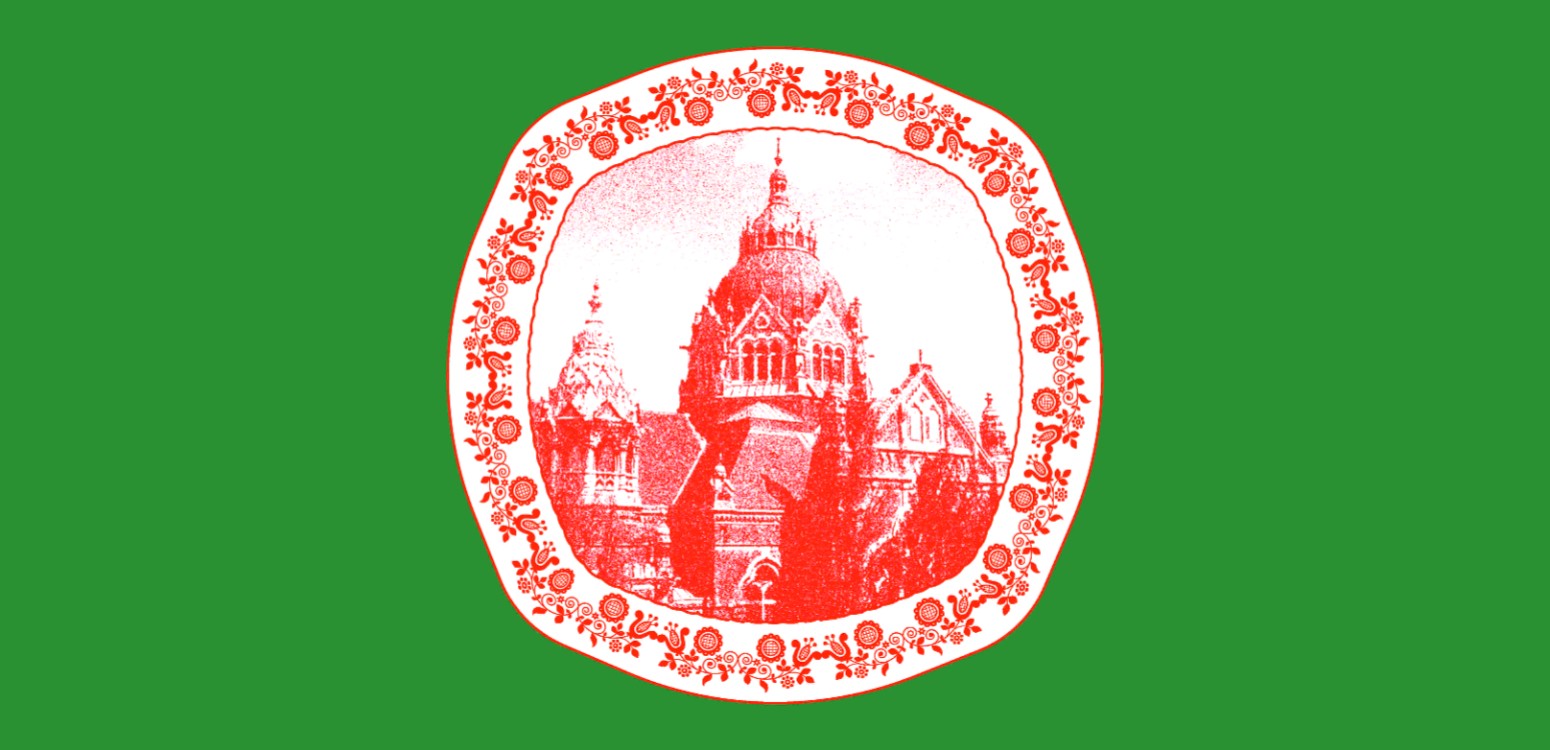
Moses faced every leader’s ultimate test: stepping down gracefully. He chose radical honesty about his limitations, prepared his successor, and created institutions that outlasted empires, transforming potential failure into enduring legacy
The final acts of leadership often reveal more about a leader’s character than all their years in power. As Moses approaches his last moments guiding the Israelites, he faces every leader’s ultimate challenge: stepping down while ensuring the mission survives. His response defies common views on power and authority, offering three profound lessons that would reverberate through history.
Moses announces to the people of Israel that this is it – he will not lead them in the impending entry to the Land of Israel. “A hundred and twenty years old am I today; I am no longer able to go out and to come in, and the Lord has said to me: you are not to cross over this Jordan! The Lord your God, he will cross over before you; he will wipe out those nations from before you, so that you may dispossess them. Joshua, he will cross over before you, as the Lord has promised.” (Deuteronomy 31:2-3)
Moses simply stated the truth
Moses’ words about being unable to “go out and come in” sparked centuries of interpretive debate. Traditional commentators like Rashi (1040–1105) insisted his physical strength remained intact – that only God’s decree prevented him from entering the land. But this resistance to acknowledging human limitations reflects an ancient discomfort with vulnerability in leadership.
Moses chose differently. Rather than projecting invincibility, he acknowledged his physical decline with characteristic honesty. As commentator Ovadia ben Jacob Sforno (c. 1470/1475–1549) observed, Moses simply stated the truth: even if permitted, age had made him unfit for the demands of conquest. This moment reveals the first of his final leadership lessons: authentic leaders admit their limitations rather than hide them.
Preparing successors
This transparency about human limitations leads naturally to Moses’ second lesson: preparing successors. True leaders don’t view themselves as irreplaceable. Moses publicly calls Joshua forward and declares, “Be strong and courageous, for you yourself will enter with this people the land about which the Lord swore to your fathers, to give them; you yourself will allot it as inheritance to them” (Deuteronomy 31:7).
The ceremony is deliberate and public – Moses ensures everyone witnesses the transfer of authority. By openly acknowledging both his own limitations and Joshua’s capabilities, Moses demonstrates how leadership transitions should work: not as failures to be hidden, but as natural passages that strengthen rather than weaken the community.
Creating institutional legacy
Yet even as Moses orchestrates this transition, God delivers crushing news: the people will eventually rebel and abandon their covenant. Facing the failure of both his life missions – he won’t reach the Promised Land, and the people will stray from God – Moses could have despaired. Instead, he demonstrates his third leadership lesson: when personal legacy fails, create institutional legacy.
“Moses wrote down this Teaching and gave it to the priests, sons of Levi, who carried the Ark of the Lord’s Covenant, and to all the elders of Israel. And Moses instructed them as follows: Every seventh year, the year set for remission, at the Feast of Booths, when all Israel comes to appear before the Lord your God in the place that [God] will choose, you shall read this Teaching aloud in the presence of all Israel. Gather the people – men, women, children, and the strangers in your communities – that they may hear and so learn to revere the Lord your God and to observe faithfully every word of this Teaching. Their children, too, who have not had the experience, shall hear and learn to revere the Lord your God as long as they live in the land that you are about to cross the Jordan to possess.” (ibid., 9-13)
Moses writes down the Torah and establishes a revolutionary practice. He creates not just a book, but a ceremony ensuring its survival across generations.
The people of the book
Moses’ final acts reveal a profound understanding of leadership’s true purpose. By acknowledging his limitations, empowering his successor, and creating enduring institutions, he transformed potential failure into lasting legacy. Personal leadership ends, but ideas and systems can outlive empires.
The Torah he wrote became more than a book – it became the foundation for a civilization that would survive exile, persecution, and dispersion across millennia. Moses understood what many leaders miss: the greatest legacy isn’t being irreplaceable, but creating something that makes you unnecessary. His honest farewell became the blueprint for a people who would indeed become known as “the people of the book.”
Lior Tal Sadeh is an educator, writer, and author of “What Is Above, What Is Below” (Carmel, 2022). He hosts the daily “Source of Inspiration” podcast, produced by Beit Avi Chai.
For more insights into Parashat Vayelech, listen to “Source of Inspiration”.
Translation of most Hebrew texts sourced from Sefaria.org
Main Photo:Created using AI\ ChatGPT
Also at Beit Avi Chai





















